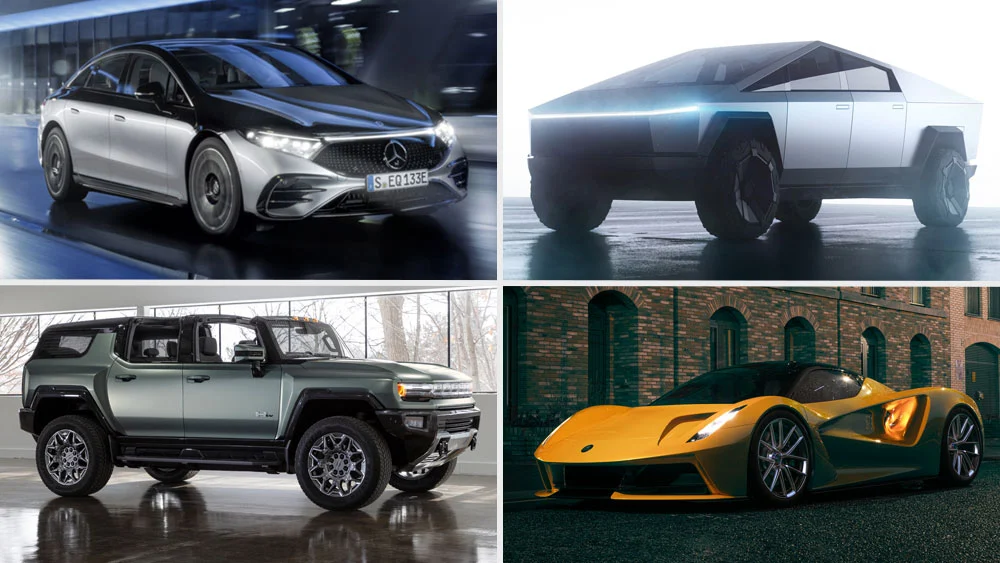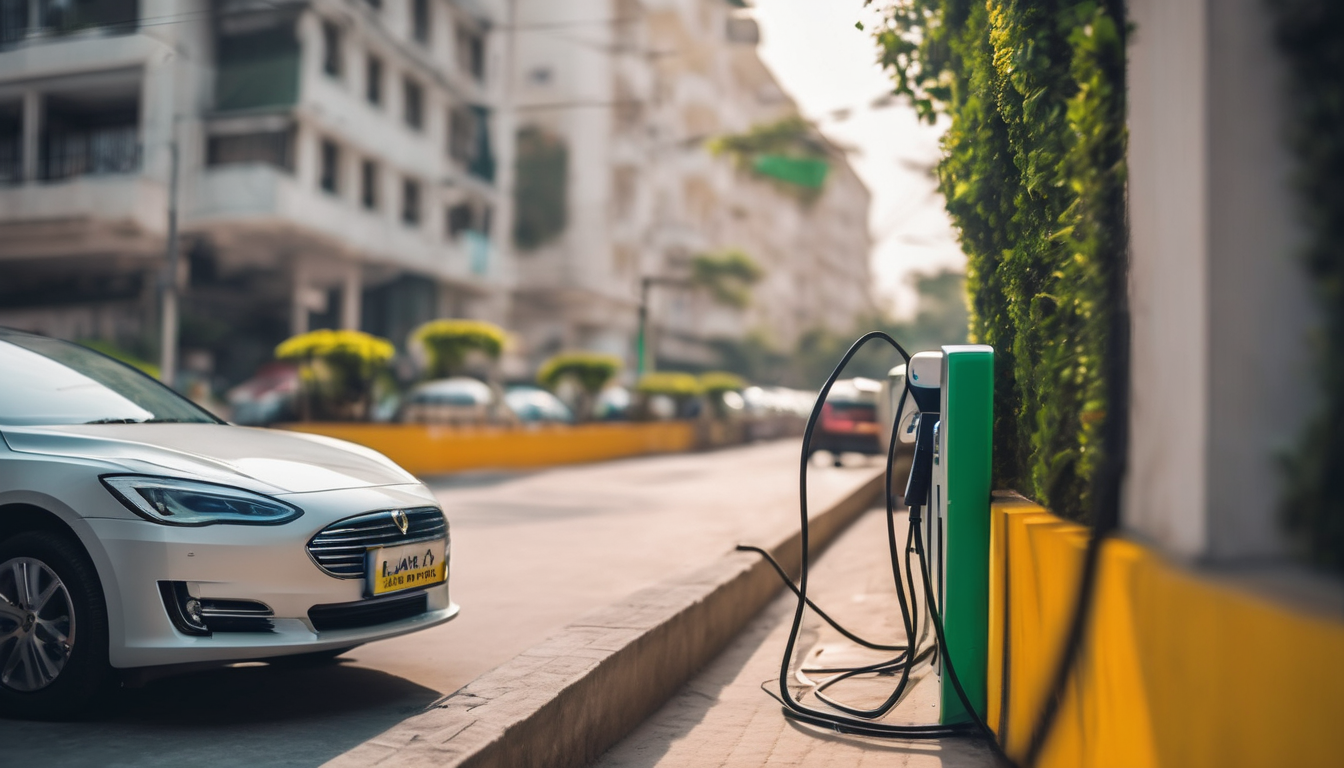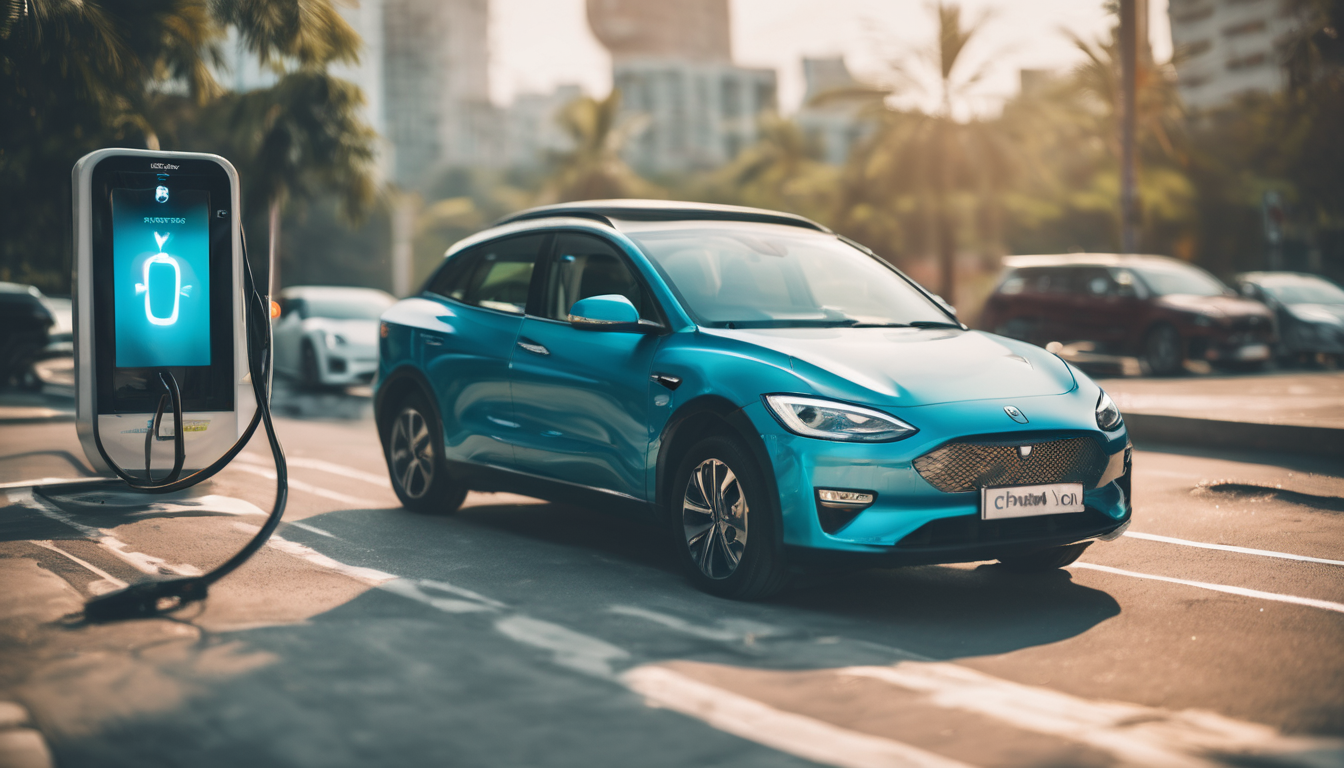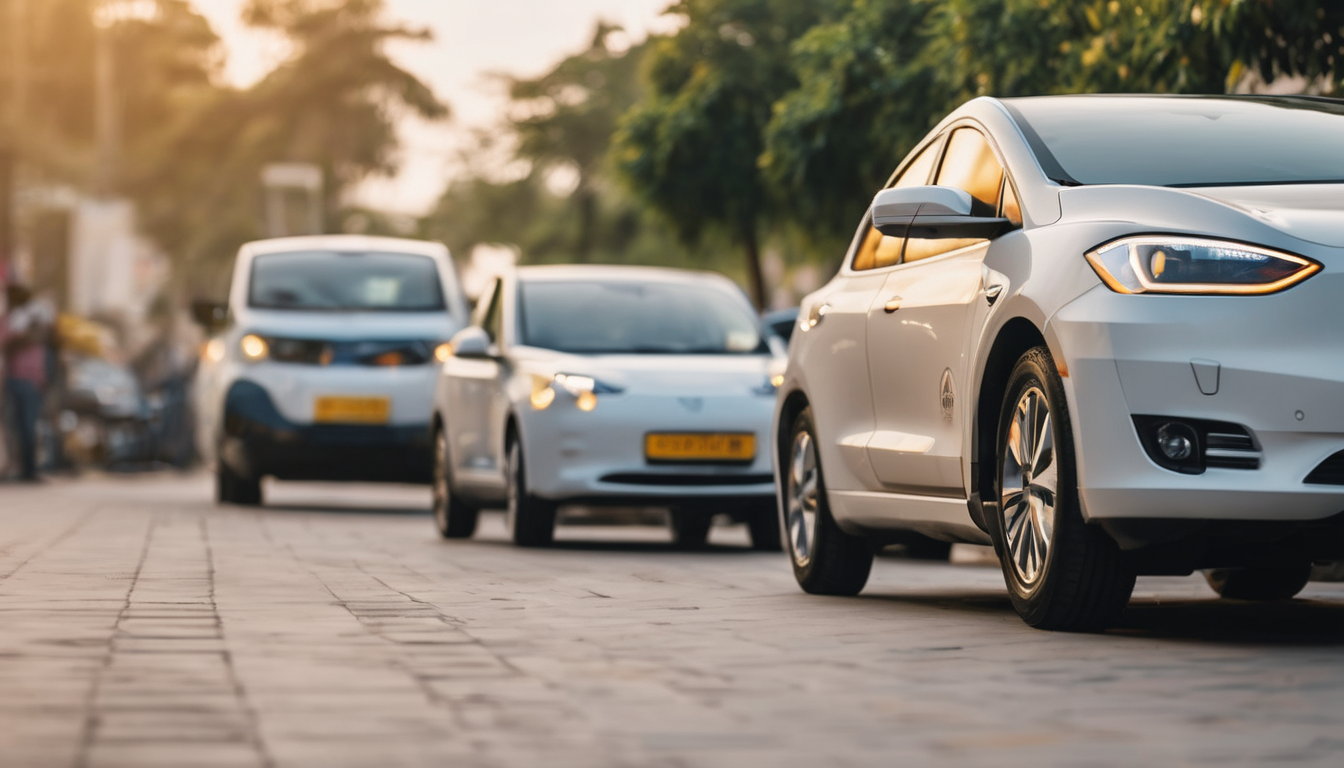Electric cars have been gaining in popularity in recent years, with more and more consumers making the switch from traditional gasoline-powered vehicles to electric ones. This shift towards electric cars has been driven by a number of factors, including concerns about the environment and rising gas prices. However, the market for electric cars is still relatively new, and there are many factors that affect the demand, supply, and equilibrium price of these vehicles. In this article, we will explore these factors and their impact on the electric car market.
Demand for Electric Cars
The demand for electric cars is driven by a variety of factors. First and foremost, consumers are becoming increasingly concerned about the environment and the impact that traditional gasoline-powered vehicles have on it. Electric cars are seen as a more environmentally friendly alternative, as they produce fewer emissions and are powered by renewable energy sources. Additionally, rising gas prices have made electric cars more attractive to consumers who are looking to save money on fuel costs.
Other factors that influence the demand for electric cars include government incentives and regulations. Many governments around the world offer tax credits, rebates, and other incentives to encourage consumers to purchase electric cars. In some cases, governments have also imposed regulations that require automakers to produce a certain percentage of electric or zero-emission vehicles. These policies have helped to boost the demand for electric cars in many markets.
Supply of Electric Cars
The supply of electric cars is influenced by a variety of factors as well. One of the main factors is the availability of battery technology. Electric cars rely on large batteries to power their motors, and advances in battery technology have made it possible to produce electric cars with longer ranges and faster charging times. However, the cost of these batteries is still relatively high, which can limit the supply of electric cars.
Another factor that affects the supply of electric cars is the production capacity of automakers. Many automakers have invested heavily in electric vehicle production in recent years, but the production capacity for these vehicles is still limited. This can make it difficult for automakers to keep up with the demand for electric cars, which can lead to shortages and higher prices.
Equilibrium Price of Electric Cars
The equilibrium price of electric cars is the price at which the quantity of electric cars supplied equals the quantity of electric cars demanded. This price is influenced by a variety of factors, including the cost of production, the availability of raw materials, and consumer preferences. When the demand for electric cars is high and the supply is limited, the equilibrium price will be higher. Conversely, when the supply of electric cars is high and the demand is limited, the equilibrium price will be lower.
Government policies and incentives can also have a significant impact on the equilibrium price of electric cars. For example, tax credits and other incentives can make electric cars more affordable for consumers, which can increase demand and drive up prices. On the other hand, policies that impose regulations or taxes on electric cars can decrease demand and lead to lower prices.
The market for electric cars is complex and influenced by a variety of factors. Demand for electric cars is driven by concerns about the environment and rising gas prices, as well as government policies and incentives. The supply of electric cars is limited by the availability of battery technology and the production capacity of automakers. The equilibrium price of electric cars is influenced by the interplay between supply and demand, as well as government policies and incentives. As the market for electric cars continues to evolve, it will be important to monitor these factors and their impact on the electric car market.






